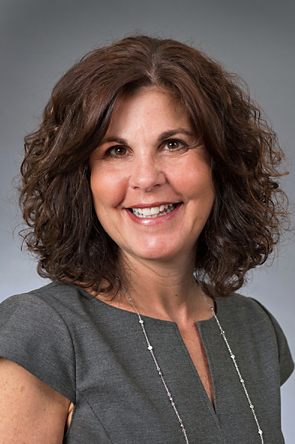We hope you enjoy this latest installment of the LGBT Family Law Institute’s Blog. This piece is written by Meryl B. Rosenberg, Esq., is an attorney in a private practice that specializes in assisted reproductive law and second- and step-parent adoption in the Maryland and DC area. She is also the director of a surrogacy program, ARTparenting (artparenting.com).
Gestational Surrogacy at its core is built on trust: trust between the intended parents and the professionals they choose to assist them, trust between the gestational surrogates (carriers) and the programs they choose to work with, trust between the intended parents and their gestational surrogate. Every surrogacy arrangement is built on that foundation of trust and the shared understanding that it is a partnership created to help someone have a child. Too often, the reason for the partnership — to grow a family — is forgotten in the desire and quest to get there. The parents, and honestly at times the professionals assisting them, can be so focused on “how do we get there” — they lose sight of the fact that the process is about having a baby. Building trust and remembering the reason for the partnership is critical to a successful and positive experience for everyone.
The Intended Parent:
When an intended parent comes to us initially, they are commonly overwhelmed by the process, choices to make, and medical issues they may not understand. Intended parents may feel very alone and weighted down by the decisions they must make to move forward. I find that as the head of our surrogacy program, I am often the very first person the intended parent has contacted to learn about the process. Their questions usually start with:
- How does “it” work
- What IVF center should they work with
- Can they be matched right away — and why or why not
- What are the costs
- What about insurance
I believe the key to a successful working relationship is to provide full transparency and clarity about the process from the first conversation including detailed information about timing, cost, and who is responsible for issues that may arise along the way. Intended parents need to know that they will not have to navigate the minefield of questions and choices by themselves. A full picture and understanding from day one will prevent confusion along the way, and of course, critically, will better ensure a successful process.
The Gestational Surrogate:
From the gestational surrogate’s perspective, the program she chooses must clearly lay out the steps she will follow to ensure a safe, enjoyable, and open process. Our discussions include:
- Why it is important to determine that she is a good candidate to carry a child for another Why mental and physical health is critical and how that is evaluated early on
- That she will have proper independent representation and the ability to negotiate her agreement
- Clear financial terms and benefits expected
- Assurances that the process is a voluntary and informed one
It is incumbent on those of us who manage any matching program that the gestational surrogate applicant should not proceed without proper protections and pre-screening.
For anyone building a family through gestational surrogacy, working with the right program removes the guesswork and provides a level of comfort — knowing they have a team with their best interests in mind to guide them. I set up our practice to fulfill this need and to guide our intended parents and gestational surrogates from the very start through birth.
It should never be lost on a surrogacy program or agency that the vital role they are playing is to assist people in becoming parents. While the process is a legal one (or should be), it is primarily an emotionally driven one no matter who the intended parent is, or who the gestational surrogate is. Some intended parents might still be dealing with issues of loss when starting on the process while others may be excited about getting started on the path to parenthood. It is easy to forget that humanity is the basis for all that we do. Each and every day, in every interaction, every one of us working in this field should think about the who and the why. We must have that added dose of care, thoughtfulness, and compassion for the intended parents and for the special women who make that important decision to help someone build their family.

